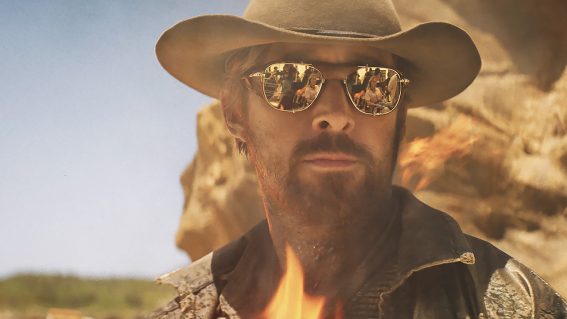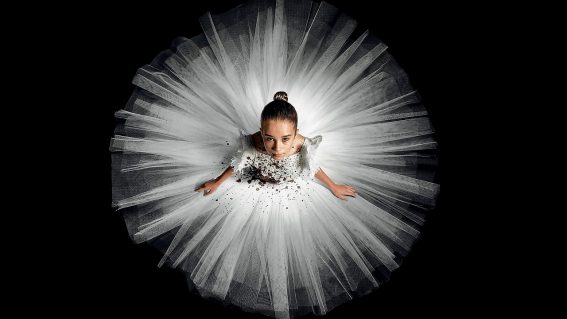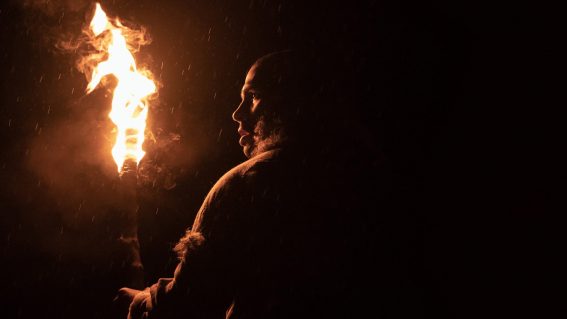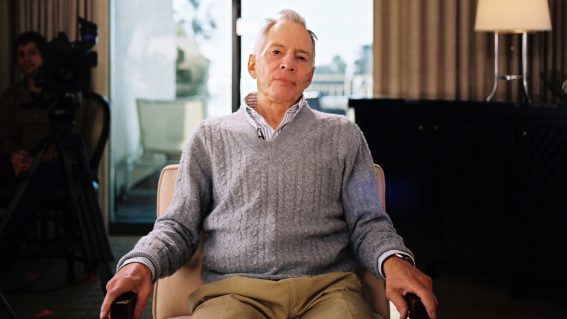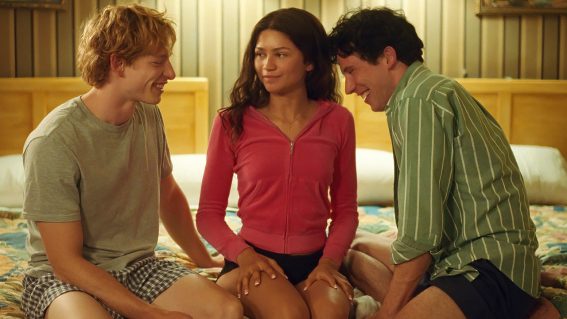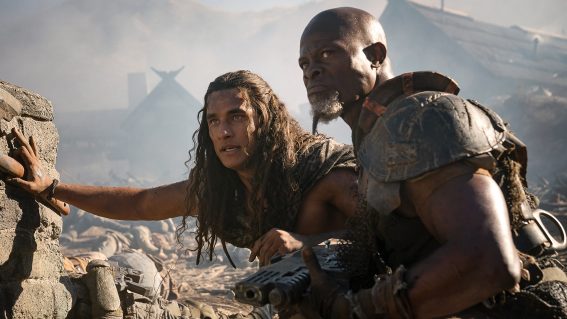Review: Born to Dance

I adored Step Up 3D and Step Up 5: All In. They don’t take themselves seriously, keeping tight focus on the dancing. Directors Jon Chu and Trish Sie knew exactly how to edit and shoot the incredible performances, and Born to Dance‘s first-time feature director Tammy Davis and world-class choreographer Parris Goebel equal that superb skill… when shooting a dance sequence. But Born to Dance takes its story and characters very seriously, which would be fine if the drama was above daytime television quality. Unfortunately, it falls a tad short.
In essence, the story is nothing new: there’s a young dancing talent named Tu (Tia-Taharoa Maipi); his concerned dad who doesn’t see a future in this hippity-hoppity business; an old dance crew full of good mates; a popular dance crew full of dicks; a love triangle; and, of course, a dance tournament. It’s cheesy stuff, but it’s homegrown cheese, and with hardly any films about Māori kids achieving their dreams, this film is valuable by that virtue alone.
The cast are mostly dancers, not actors – which makes total sense for a dance film. But as a consequence, the leads can’t quite pull off the drama the script demands, one that opts for seriousness over playfulness. With superior side characters like Tino, Vonnie and Stan Walker’s Benjy – all of whom are distinctive and charismatic – it’s easy to see the humour and personality missing at the film’s core.
Fortunately, the last scene provides an ass-kicking onslaught of hip-hop dancing, handled supremely by dance unit director Chris Graham (Sione’s Wedding and numerous Kiwi music vids) and aided by P-Money’s theatre-engulfing soundtrack. Is the equivalent of three episodes of Shortland Street dramatics worth the payoff? If you’re cool with that, then Born to Dance is a cinema-worthy experience.
Want More Like This? Check Out: Step Up 3D, Step Up 5: All In, Mt. Zion

